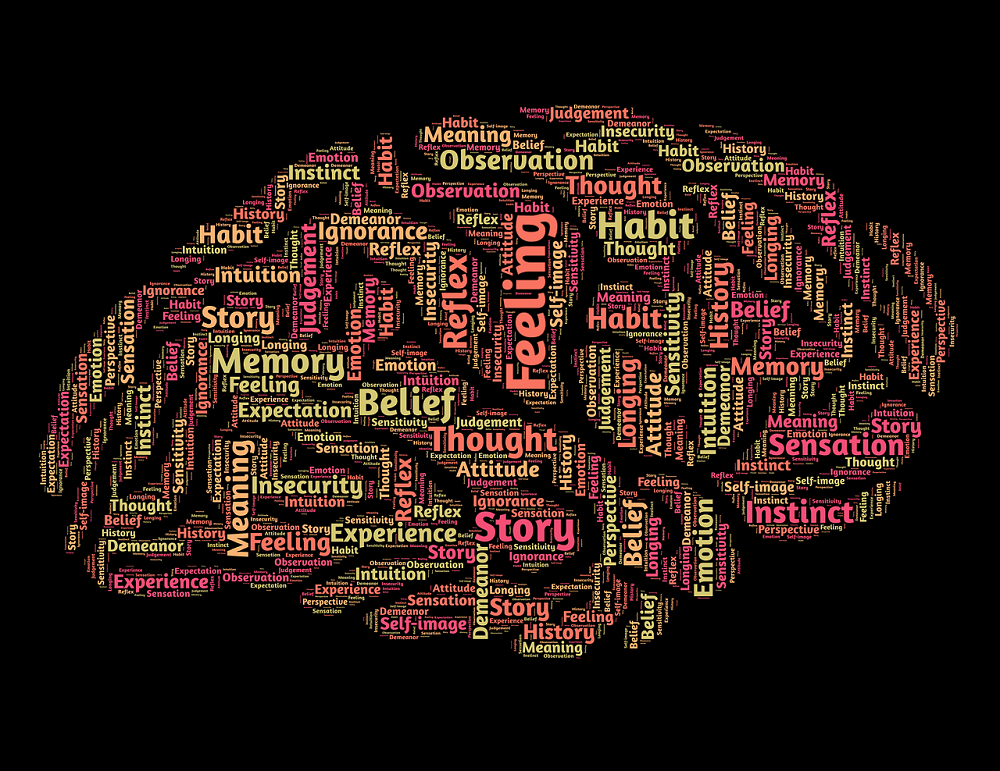Mental Health: Neuropsychological Testing for Adolescents
Adolescence is a chaotic period for most people, but it can be especially trying for those struggling with cognitive or behavioral impairments. Given the rapid changes in brain development during this time, arriving at a root cause can be a challenge.
The part of the brain responsible for planning and decision-making isn’t fully formed until adulthood. As such, cognitive development monitored through neuropsychological testing can help distinguish between normal age-related changes and those due to neurological conditions.
The part responsible for emotions, impulses, and instincts takes a greater role as teenagers respond to a confusing and often frustrating new reality.
Sorting through the chaos of a changing brain
Separating what is “just a part for growing up” from disease or injury-related causes can be tricky, which is a good reason to pursue neuropsychological testing. A neuropsychologist is a highly trained professional who investigates where in the brain mental disorders originate. Although brain scans such as CTs and MRIs are useful, a neuropsychologist is most interested in observing the mind in action.
To do this, neuropsychologists administer standardized tests (often pencil and paper, sometimes computerized) in a clinical environment to measure cognitive performance, with a key focus on memory, learning, and other mental functions.
A referral question (e.g., “Why am I so anxious?” or “Why can’t I concentrate?”) determines which abilities are tested during neuropsychological testing. The results are then compared against healthy individuals of the same age and a similar demographic to see where deficiencies (or proficiencies) lie. From there, an informed diagnosis and plan for treatment or management can be made.
What cognitive skills can neuropsychological testing measure?
Neuropsychological tests are designed to help evaluate overall brain function by measuring a range of cognitive abilities, including:
- Intelligence
- Memory: episodic (long-term), procedural (how to do something), working (short-term)
- Language
- Executive functions (problem-solving, planning, organizational skills, selective attention, inhibitory control)
- Focus
- Visuospatial functions, or the brain's ability to perceive, organize, and mentally manipulate visual information about objects and space
- Motor skills
What issues might neuropsychological testing reveal?
- Learning disabilities
- ADHD
- Genetic/chromosomal syndromes
- Autism spectrum disorder
- Depression
- Anxiety
- Eating disorders
What questions about adolescents with special needs do neuropsychologists attempt to answer?
- What is the cognitive baseline? (how healthy individuals of a similar background perform, or how the patient performed before an injury or trauma)
- How does the patient emotionally function?
- How might cognitive impairments impact school and learning?
- What accommodations might the patient benefit from? (Many diagnoses are protected by the Americans with Disabilities Act)
- Can any treatments be applied to manage or improve the condition?

What to Expect During a Neuropsychological Evaluation
A neuropsychological evaluation is a thorough assessment designed to understand how a child’s brain is functioning in areas like thinking skills, memory, language, and behavior. Conducted by a neuropsychologist, this evaluation goes beyond what a simple blood test or routine medical check-up can reveal. Instead, it focuses on how the brain’s different systems work together, and how this affects a child’s daily life, learning, and emotional well-being.
Preparing for Success
Preparing for the evaluation is important. A good night’s sleep, a healthy meal, and avoiding substances that could affect thinking skills (like certain medications or caffeine) can help a child do their best. It’s also helpful to bring any relevant medical records, reports from other healthcare providers, and information about current medications. This ensures the neuropsychologist has a complete picture of the child’s health and development.
Initial Interview
The process usually starts with a detailed interview. The neuropsychologist will talk with the child and their family to gather information about medical history, current symptoms, and any concerns about learning, mood, or behavior. This conversation helps the specialist tailor the assessment to the child’s unique needs, whether the concern is a possible learning disability, the effects of a traumatic brain injury, or changes in cognitive functioning due to a neurological condition.
Testing Process
During the evaluation, the child will complete a series of standardized tests and activities. These are designed to measure a wide range of cognitive skills, such as attention, memory, language abilities, problem solving, processing speed, executive functions, and visuospatial abilities.
Some tests may be paper-and-pencil, while others might be on a computer or involve hands-on tasks. The neuropsychologist may also observe the child’s behavior and emotional regulation during the assessment, and sometimes use questionnaires to gather additional information from parents, teachers, or other professionals involved in the child’s care.
Post-Evaluation: Diagnosis and Planning
After the evaluation, the neuropsychologist will analyze the results to identify the child’s strengths and weaknesses. This information is used to make a diagnosis if needed and to develop a personalized treatment plan. Recommendations might include cognitive training, behavioral interventions, medications, or referrals to other specialists, such as a child psychologist or school psychologist. For school-aged children, the results can help determine eligibility for special education services and guide the creation of an Individualized Education Plan (IEP) tailored to the child’s needs.
Ultimately, a neuropsychological evaluation is a valuable tool for understanding a child’s brain health and cognitive functioning. It helps families, healthcare providers, and schools work together to support the child’s learning, emotional well-being, and overall development, ensuring that interventions and supports are matched to the child’s unique profile.
After the test, ECCM is here to help
Once the test is complete, an experienced care manager provided by ECCM will help you create a recovery or treatment plan based on the results of the test. Since neuropsychological testing is one of the services provided through ECCM’s Health Choices program, if you are an adolescent or know an adolescent who could benefit from neuropsychological testing, please contact ECCM today!

